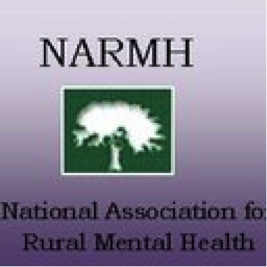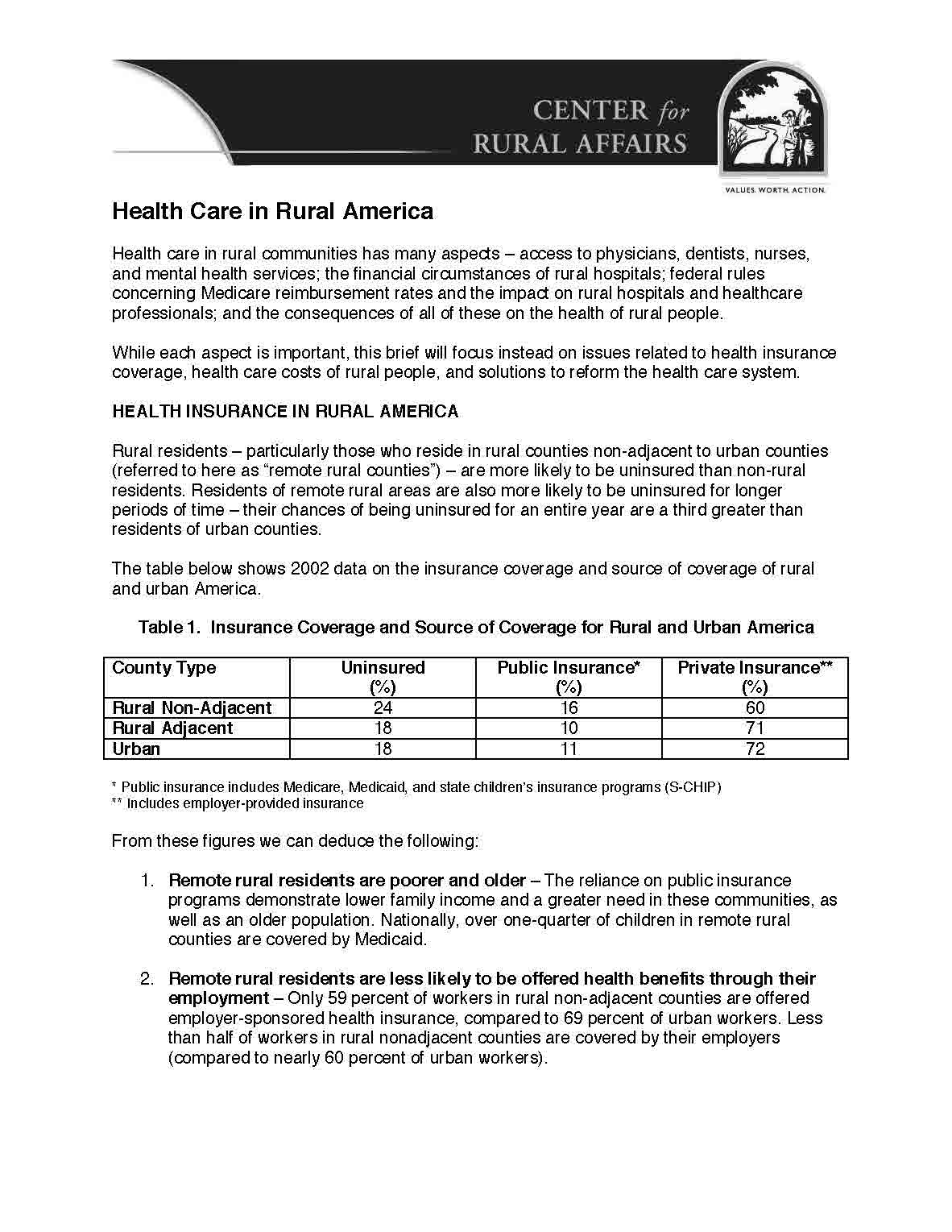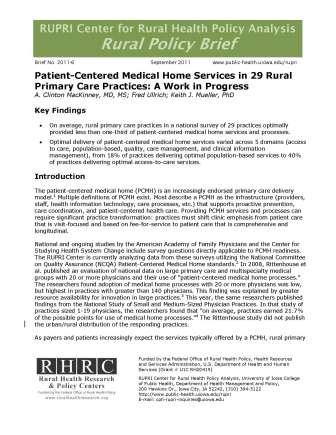
RURAL HEALTH
HERO has origins in addressing the health challenges of rural New Mexico. Like much of rural America, health systems and access to care and services in rural/frontier New Mexico is fragile and disparities are pronounced – underscored by an array of health determinates where poverty, race, access, health professional shortages, and rurality compound the burden. Rural New Mexicans have lower incomes, lower educational attainment, and higher rates of being un- and underinsured. While rural New Mexicans have higher rates of injury and disproportionate burdens of disease, they are less likely to receive screening and care than their urban counterparts – as well as having the second highest rate of rural suicides in the nation. Added to the equation are new patterns of risky health behaviors that are correlated with an emerging “rural culture” health determinate. At the same time, rural New Mexico is resilient: we have strong connections to family, the land, culture, and community, as well as a tremendous capacity for hard work and perseverance. Together, these complexities present challenges that change both the way we define primary care, as well as how we design the delivery of care and services.
Place-based rural HERO agents are a vital link between New Mexico’s rural communities and the state’s academic health center to address the challenges of rural heath needs and disparities. Indigenous to locality/region, rural HEROs ensure that health extension is bi-directional, and are positioned to stimulate small local changes that can impact larger systems. Large systems can also benefit from the expertise, resources, and best practices emanating from rural communities, as well as the lateral ‘spread’ or cross-pollination of promising practices and practice-based evidence from locality to locality, facilitated by HEROs. As health extension becomes more iterative, the more we are able to build effective relationships between communities and large systems – which creates the conditions necessary to improve health – particularly in rural & tribal communities.
Rural HEROS also bring community-based fluency, currency, knowledge, and competence to the table as members of teams within large, centralized institutions. To internal university partners, HEROs are conduits to communities that possess experience and knowledge that can support, inform, and enhance large systems. All of this lends itself to process outcomes that are contributing factors to community health improvement. Recruiting HEROs who are indigenous to rural communities ensures they bring with them relationships, knowledge, and experience that can be leveraged to the work of health extension.

CENTER FOR RURAL AFFAIRS
Established in 1973, the Center for Rural Affairs has grown to a national organization with 30,000 supporters across the country. We remain rooted in agriculture and rural communities to this day. Our staff live in rural communities of less than 5,000 or the countryside surrounding them. We have evolved into one of the nation’s leading rural organizations, known for our pioneering work to rebuild rural America and reform federal policy.

RURAL ASSISTANCE CENTER
A product of the U.S. Department of Health and Human Services’ Rural Initiative, the Rural Assistance Center (RAC) was established in December 2002 as a rural health and human services “information portal.” RAC helps rural communities and other rural stakeholders access the full range of available programs, funding, and research that can enable them to provide quality health and human services to rural residents.

NATIONAL RURAL HEALTH ASSOCIATION
The National Rural Health Association (NRHA) is a national nonprofit membership organization with more than 20,000 members. The association’s mission is to provide leadership on rural health issues. NRHA membership consists of a diverse collection of individuals and organizations, all of whom share the common bond of an interest in rural health.




